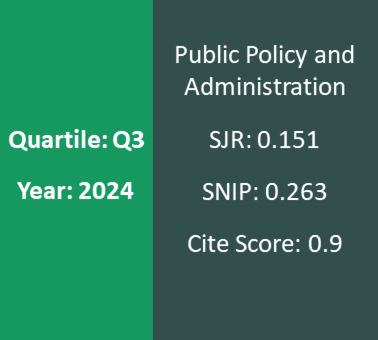The evolution and outlook of local communities in contemporary Lithuania
Keywords:
sociality, local community, local selfgovernment.Abstract
The article reviews the evolution of self-government institutions and development process of local communities
in Western countries and Lithuania. The problematical question is how the work of self-government institutions
was affected by local communities in the past, what influence it can cause in modern society.
It is noted, that the attitude of researchers towards local communities fluctuated. Considering that local
communities are older than polity, later the research of local community, as a closed industrial system, was started.
This kind of turn was determined by industrial revolution and one of the prime changes – personal freedom
changed the personal dependence from others. Naturally, the functions of self-government changed toward industrial
revolution, the relation between self-government and local communities too, because the theory of political local self-government, which gives the priority of local government to town government, institutionalized exactly
in 19th century.
Considering the fact, that Lithuania didn’t have large cities, natural-traditional rights had an impact in interwar
social order in Lithuania. Therefore the influence of traditions is appreciable, when we talk about local
communities in modern Lithuania. The sociological research “Local community 2001” showed , that traditional
institutions, like the church, the school, cultural institutions and also the institutional subdivision – elders office
performs the important role in the working in local community.





